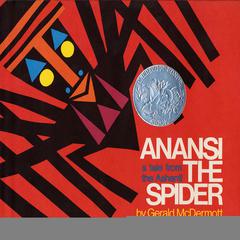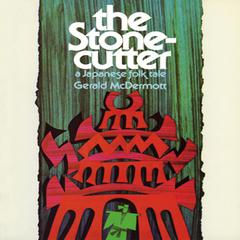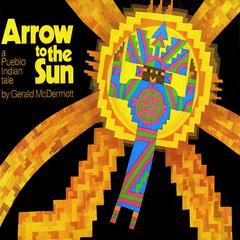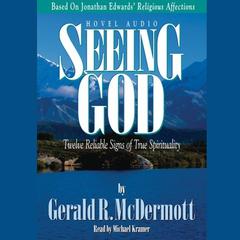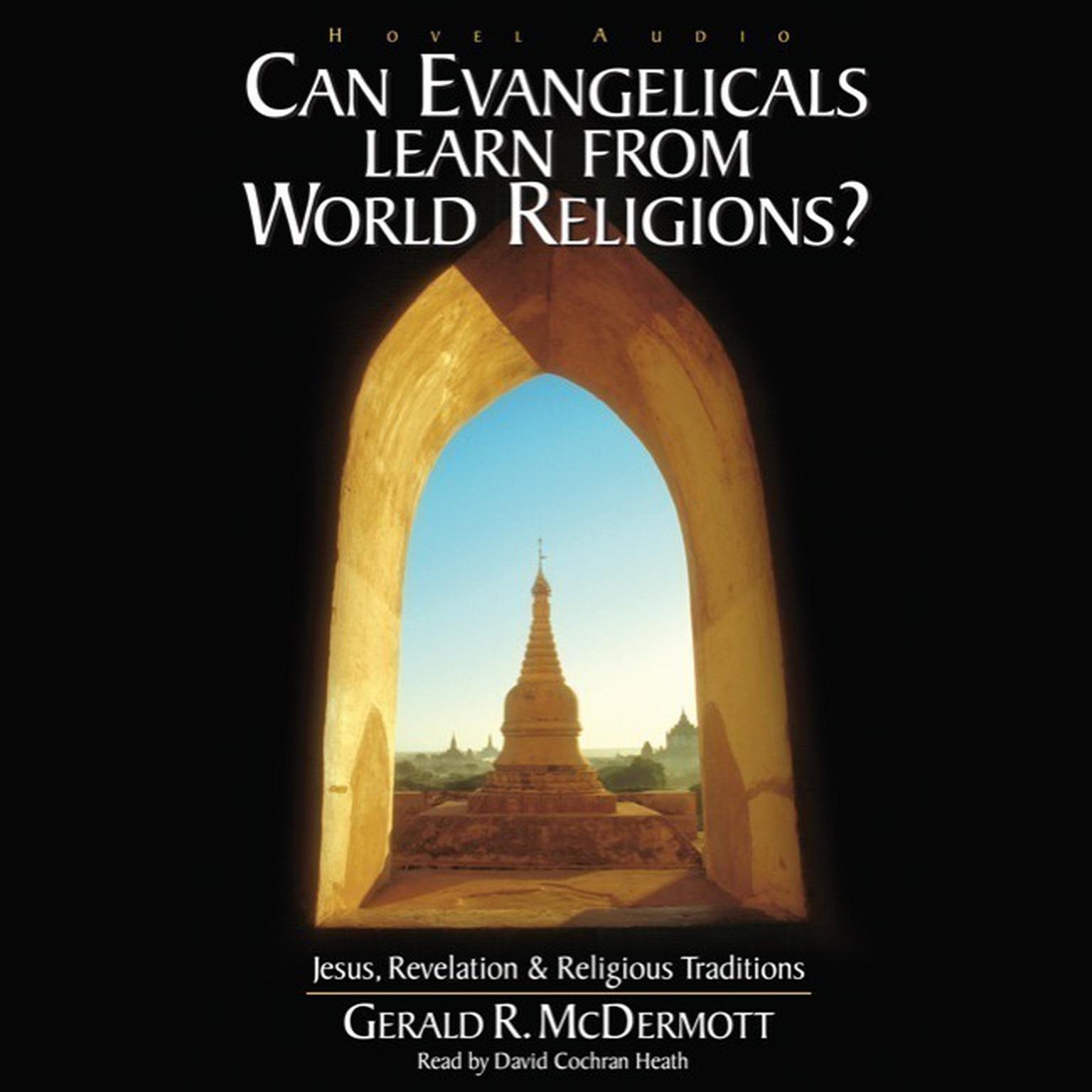 Play Audiobook Sample
Play Audiobook Sample
Can Evangelicals Learn From World Religions?: Jesus, Revelation and Religious Traditions Audiobook
 Play Audiobook Sample
Play Audiobook Sample
Quick Stats About this Audiobook
Total Audiobook Chapters:
Longest Chapter Length:
Shortest Chapter Length:
Average Chapter Length:
Audiobooks by this Author:
Publisher Description
Arguably, the church's greatest challenge in the next century will be the problem of the scandal of particularity. More than ever before, Christians will need to explain why they follow Jesus and not the Buddha or Confucius or Krishna or Muhammed. But if, while relating their faith to the faiths, Christians treat non-Christian religions as netherworlds of unmixed darkness, the church's message will be a scandal not of particularity but of arrogant obscurantism. // Recent evangelical introductions to the problem of other religions have built commendably on foundations laid by J. N. D. Anderson and Stephen Neill. Anderson and Neill opened up the "heathen" worlds to the evangelical West, showing that many non-Christians also seek salvation and have personal relationships with their gods. In the last decade Clark Pinnock and John Sanders have argued for an inclusivist understanding of salvation, and Harold Netland has shed new light on the question of truth in the religions. Yet no evangelicals have focused--as nonevangelicals Keith Ward, Diana Eck and Paul Knitter have done--on the revelatory value of truth in non-Christian religions. Anderson and Neill showed that there are limited convergences between Christian and non-Christian traditions, and Pinnock has argued that there might be truths Christians can learn from religious others. But as far as I know, no evangelicals have yet examined the religions in any sort of substantive way for what Christians can learn without sacrificing, as Knitter and John Hick do, the finality of Christ. // This book is the beginning of an evangelical theology of the religions that addresses not the question of salvation but the problem of truth and revelation, and takes seriously the normative claims of other traditions. It explores the biblical propositions that Jesus is the light that enlightens every person (Jn 1:9) and that God has not left Himself without a witness among non-Christian traditions (Acts 14:17). It argues that if Saint Augustine learned from Neo-Platonism to better understand the gospel, if Thomas Aquinas learned from Aristotle to better understand the Scriptures, and if John Calvin learned from Renaissance humanism, perhaps evangelicals may be able to learn from the Buddha--and other great religious thinkers and traditions--things that can help them more clearly understand God's revelation in Christ. It is an introductory word in a conversation that I hope will go much further among evangelicals. (Gerald McDermott, in the introduction to Can Evangelicals Learn from World Religions?)
Download and start listening now!
"Very good and useful read. Enjoyed the audio version from christianaudio.com. A bit of warning: it is written at a fairly high reading level, but it's far from pretentious. "
— Taylor (4 out of 5 stars)
Can Evangelicals Learn From World Religions? Listener Reviews
-
" Very good and useful read. Enjoyed the audio version from christianaudio.com. A bit of warning: it is written at a fairly high reading level, but it's far from pretentious. "
— Taylor, 10/13/2011 -
" Another good book for dialogue amongst evangelicals and the world's faiths. "
— Brant, 9/4/2010 -
" Another good book for dialogue amongst evangelicals and the world's faiths. "
— Brant, 1/11/2008
About Gerald R. McDermott
Gerald McDermott, a Caldecott Medalist, has received international recognition for his illustrated books and animated films. He is highly regarded for his culturally diverse works inspired by traditional African and Japanese folktales, hero tales of the Pueblos, and the archetypal mythology of Egypt, Greece, and Rome. He was awarded a National Scholastic Scholarship to Pratt Institute in Brooklyn while he attended high school in Detroit. Once in New York, he began to produce and direct a series of animated films on mythology in consultation with renowned mythologist Joseph Campbell, and these films became the basis for McDermott’s first picture books. In addition to his books and films, he is primary education program director for the Joseph Campbell Foundation.
About David Cochran Heath
David Cochran Heath is a professional actor with more than 30 years of experience on the stage in over 130 productions. He is also a lifelong fan of radio theater and has done a variety of narration and character work. He lives in San Diego with his wife, Beth.




